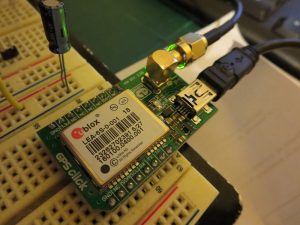If you have been following the ongoing saga of my CGA card, you would have seen the recent progress in repairing the extensive damage to the card, and getting the card running with Sergey’s Micro 8088. Although I haven’t yet tested the full features of the card, I’m reasonably confident that it has been successfully repaired.
Having jumped that hurdle, I am now contemplating the journey required to create an open-source video card inspired by the CGA card that I have, in an attempt at preserving the legacy of the CGA and allowing a means for future generations to create and learn about this historically significant video card.

